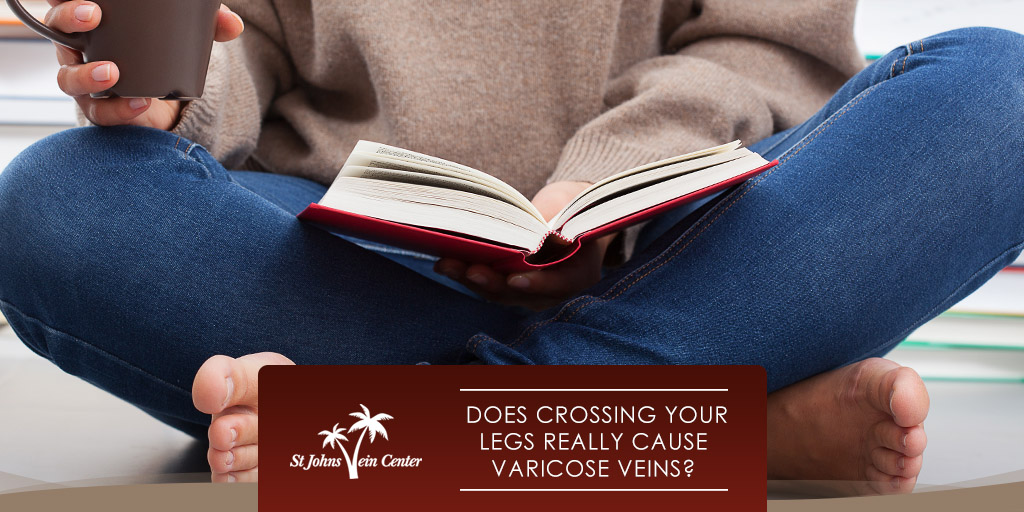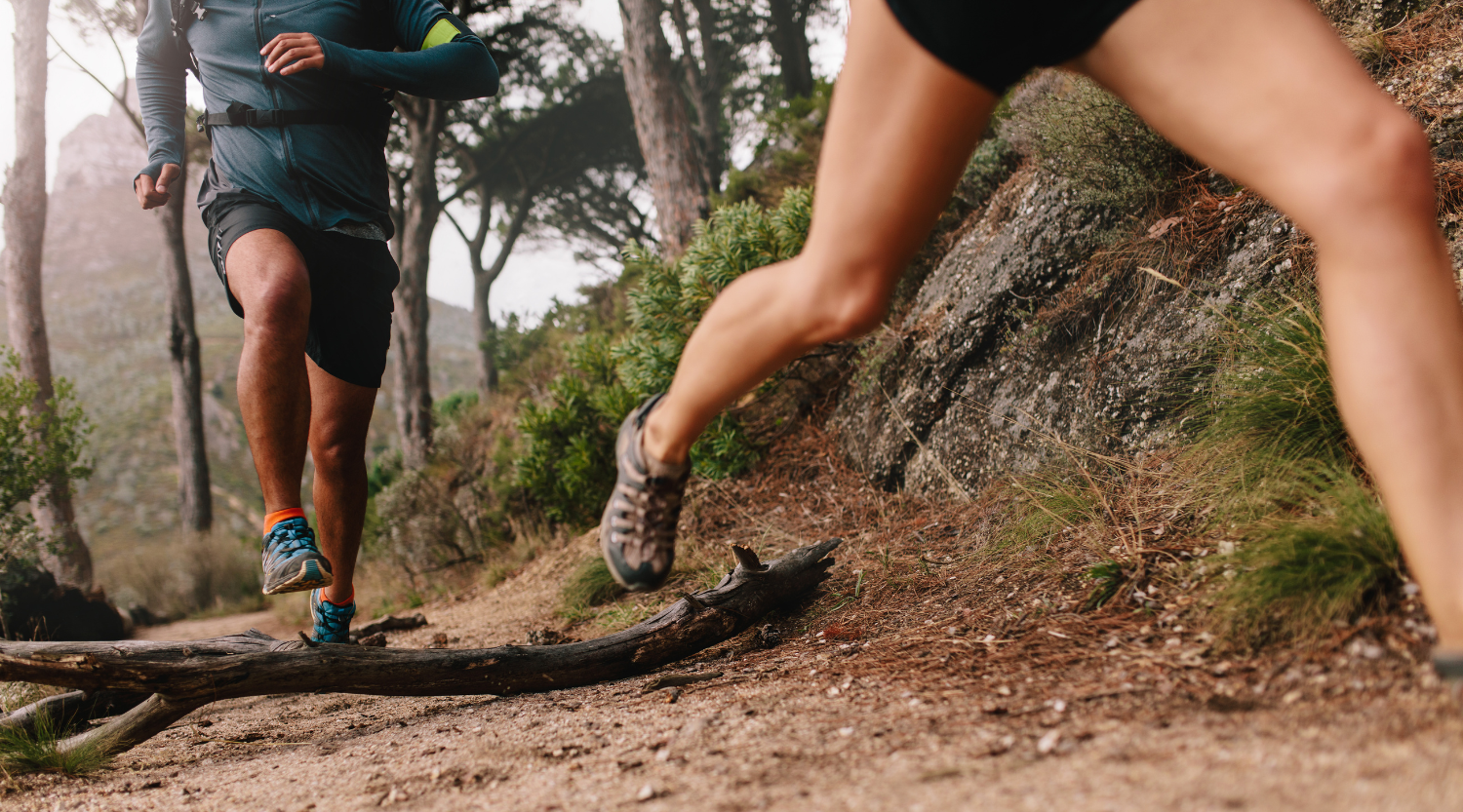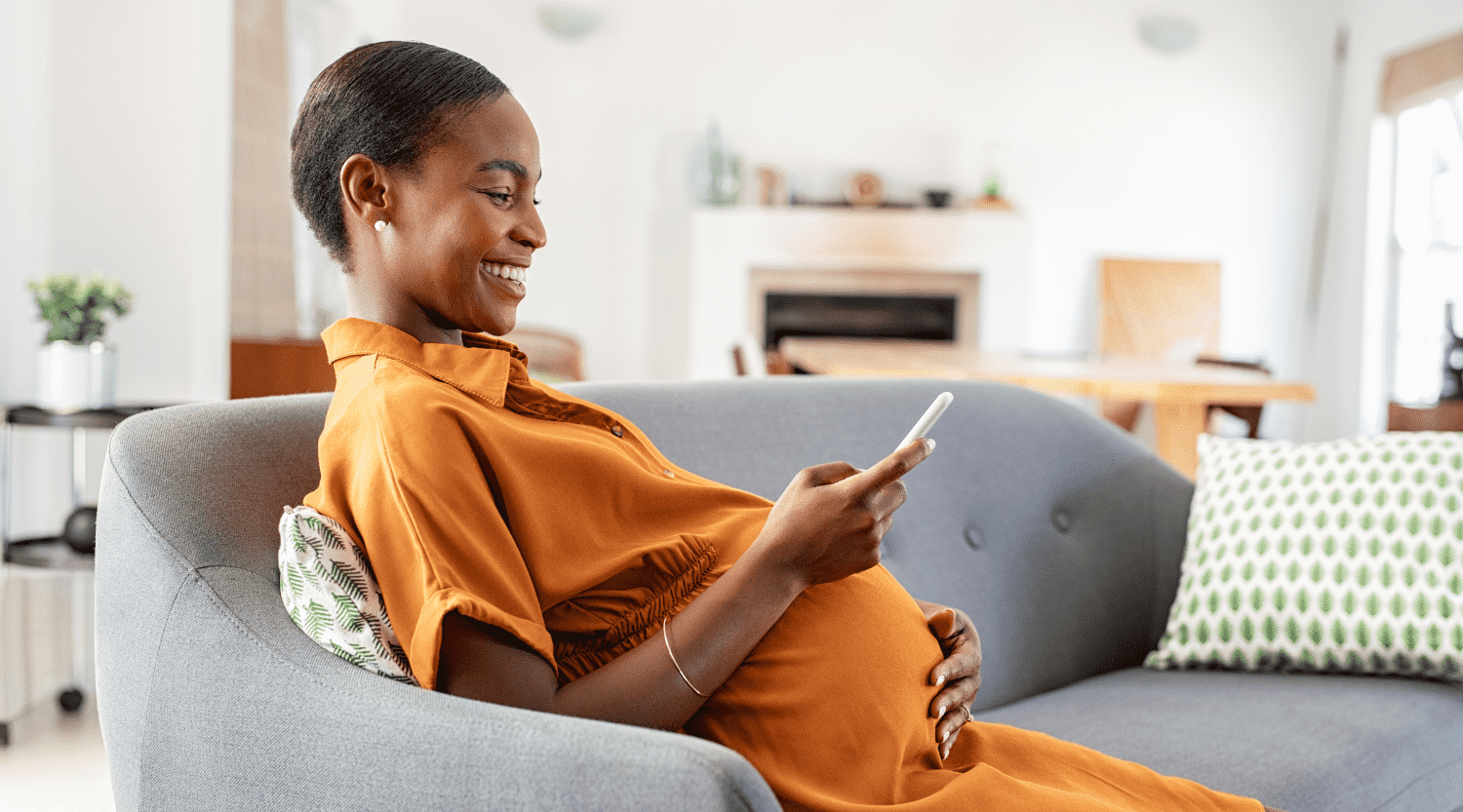Women do it daily, despite a common fear that it can cause an unsightly problem. For decades, it’s been assumed that crossing your legs causes varicose veins. Jacksonville vein specialist Dr. James St. George begs to differ.
“Crossing your legs will not cause varicose veins,” says Dr. St. George, founder of the St. Johns Vein Center located in Jacksonville’s Baymeadows area. “But it can exacerbate conditions that contribute to varicose veins, particularly if varicose veins run in your family.”
How Crossing Your Legs Effects Them
Varicose veins occur when blood vessel valves weaken and give way, unable to pump blood upward to the heart. With nowhere to go, blood pools backward. This causes vessels and veins to stretch, leak and bulge outward, often protruding above the skin’s natural surface.
The notion that crossing your legs can cause varicose veins is driven by the fact that it does, indeed, place pressure on the venous valves. That pressure alone won’t cause veins to become varicose. But combined with other conditions and lifestyle choices, it can, at best, contribute to the development of varicose veins. These include:
- Pregnancy
- Being overweight
- Age
- Family history of varicose veins
- Smoking
- Lack of exercise
- Lack of proper nutrition
- Standing for extended periods daily
Visible varicose veins are more prevalent in women than men, so addressing these issues is essential to achieving and maintaining smooth, solid, and healthy legs free of visible venous problems.
If you already have varicose or spider veins contact the St. Johns Vein Center at 904-402-VEIN (8346) to schedule a consultation with Dr. St. George.




